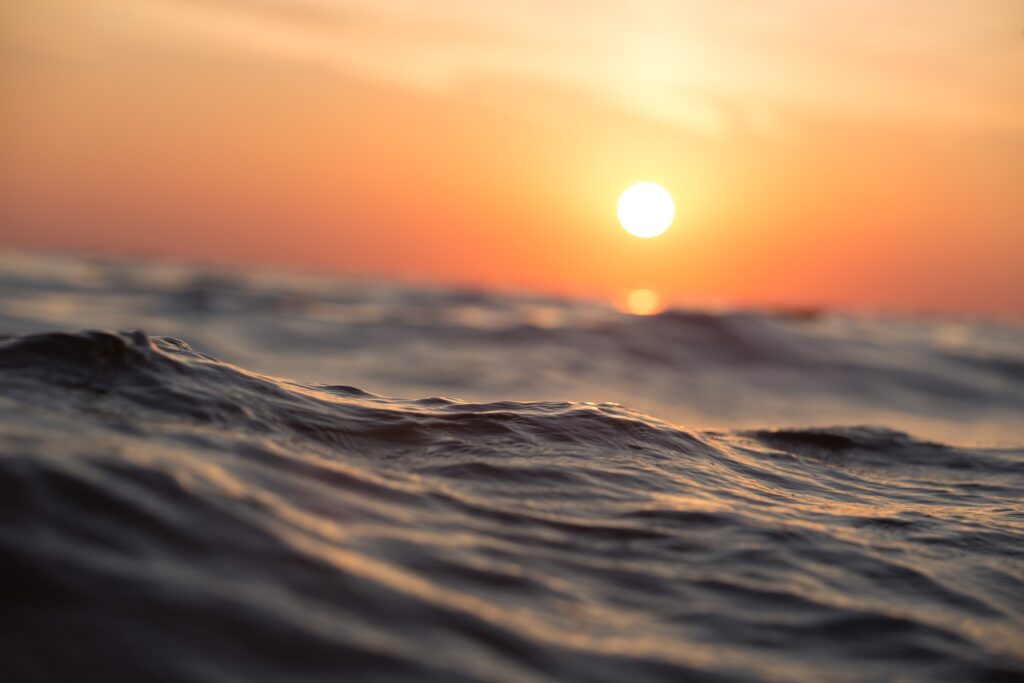Extremely high temperatures over the Indian Ocean is reducing rainfall over central India, but increasing it over the country’s south peninsular region, a new research paper found. The paper by the Centre for Climate Change Research at the Indian Institute of Tropical Meteorology revealed that between 1982 and 2018, marine heatwaves increased the most in the western Indian Ocean region, at a rate of 1.5 events per decade. This was followed by the north Bay of Bengal (0.5 events per decade).
The western Indian Ocean experienced 66 marine heatwaves during this period, while the Bay of Bengal reported 94, according to the study. These events are only likely to increase in the future as the Indian Ocean warms further, the study warned.
Meanwhile, a new study found the North Indian Ocean is showing an increasing frequency of extremely severe and higher-category cyclonic storms, especially in the month of May. A possible cause for this is the warmer ocean temperature in May and the weakening summer monsoon circulation, according to the study.
Heavy rains trigger devastation in Brazil
Weeks of incessant rains have killed well over a hundred people in Brazil, with the maximum damage being reported from the mountainous regions of Brazil’s Rio de Janeiro state. Mudslides and floods triggered by heavy rainfall killed at least 94 people in the “imperial city”, Petrópolis, in the latest spell that began on Tuesday. The deluge in Petrópolis is the latest in a series of heavy rains and flooding episodes that begin in December 2021.
US in the midst of the worst drought in recorded history
A ‘megadrought’ in the American Southwest that has stretched on for 22 years is the worst the region has seen in at least 1200 years. According to new research, an exceptionally dry 2021 cemented the current drought as the worst since scientific record-taking began in the year 800. The study has categorically highlighted the influence of human-induced climate change, stating that in the absence of background warming due to climate change, current conditions probably wouldn’t be classified as a megadrought at all. “It probably wouldn’t even be a continuous drought. We still would have had a drought. It still would have been reasonably bad. But it would be nowhere near the record-breaking event that we’re seeing right now,” said Benjamin Cook.
1.5°C warming scenario catastrophic for remaining coral reefs, says study
A new study confirmed that a 1.5°C warming scenario could be “catastrophic” for the world’s remaining coral reefs. Around 84% of these reefs are in regions that can currently withstand the impacts of marine heatwaves. But with 1.5°C warming, the study projected this percentage to drop to 0.2%. In a 2°C warming scenario, all coral reefs will cease to exist, the study warned.
About The Author
You may also like
Cyclone Michuang triggers flash flooding along India’s southern coast; 5 lives lost so far
Swinging in the rain: India needs to redefine what a “normal” monsoon looks like
Global ocean warming and rising, growing more acidic: Report
Billions at risk of heat and humidity exposure beyond human levels: Report
Climate change threatening almost all SDGs, only 15% on track: UN Report


